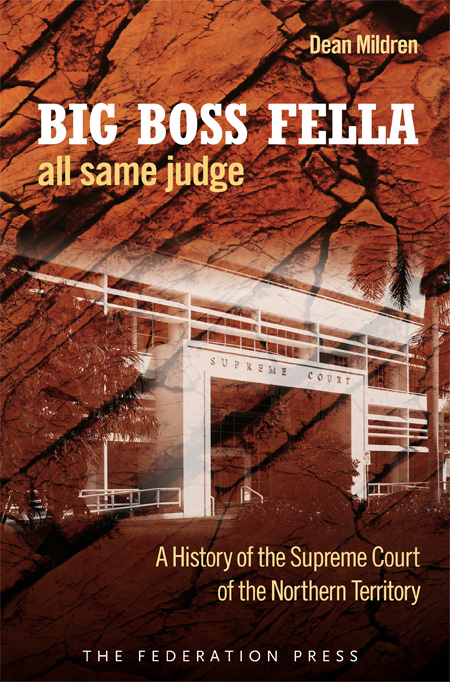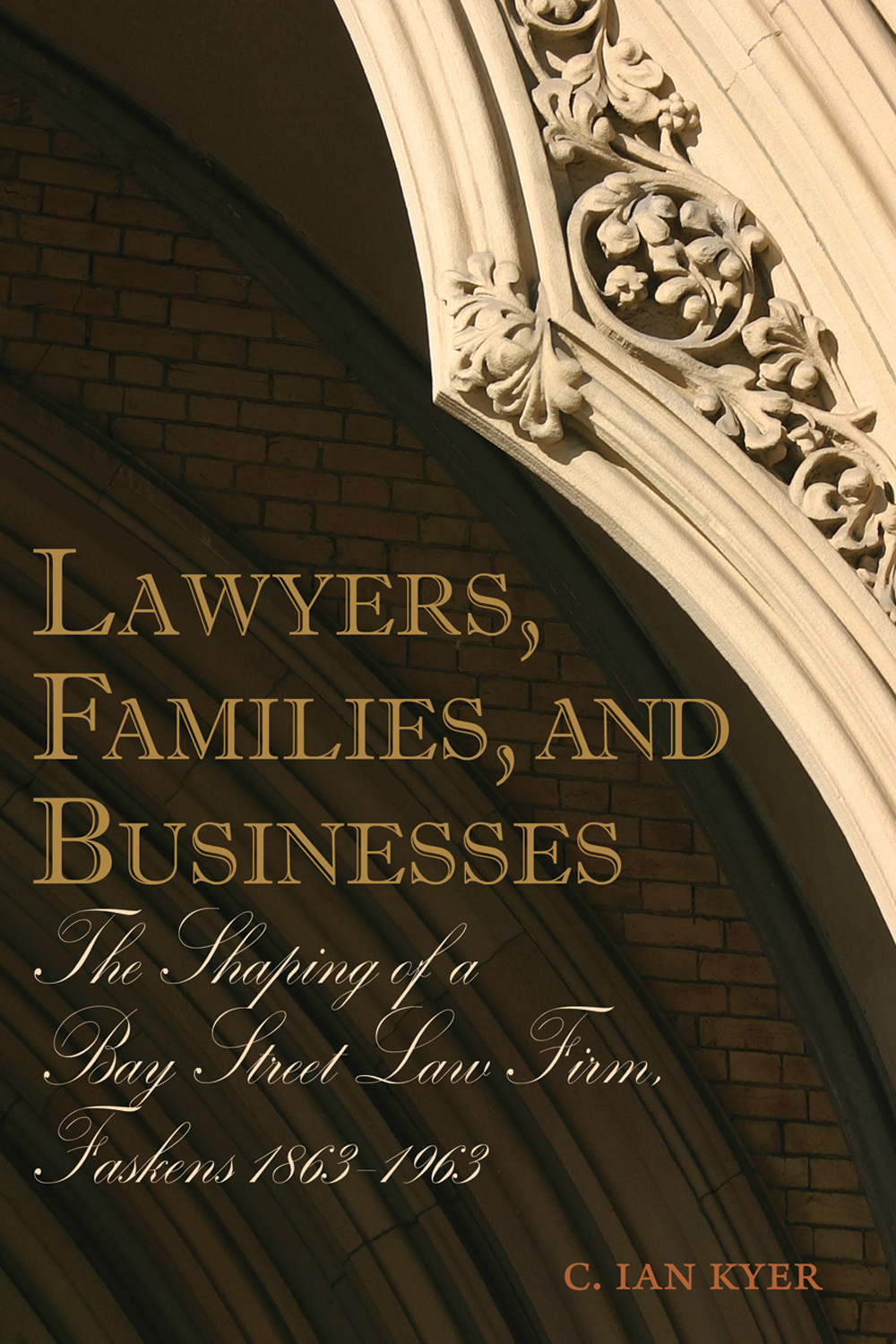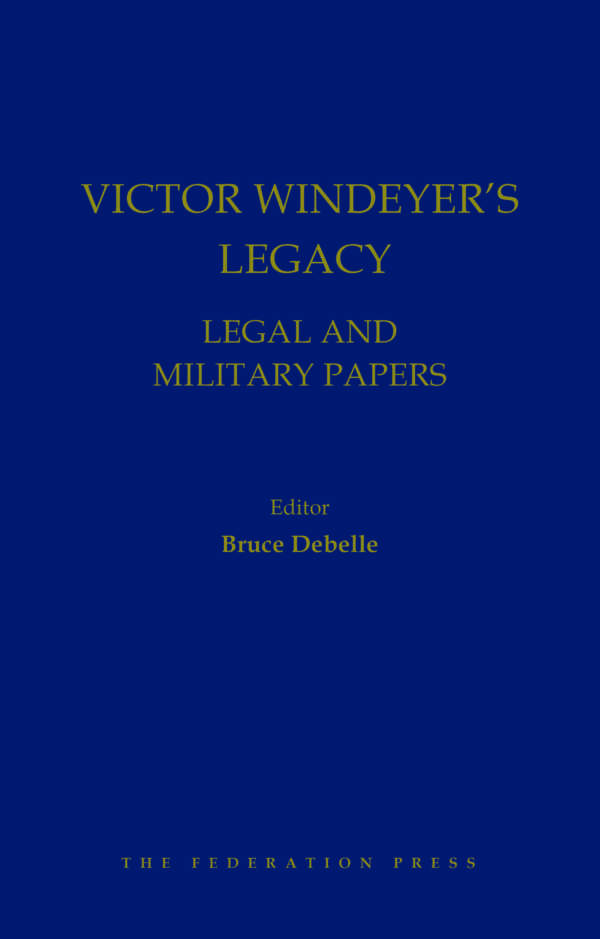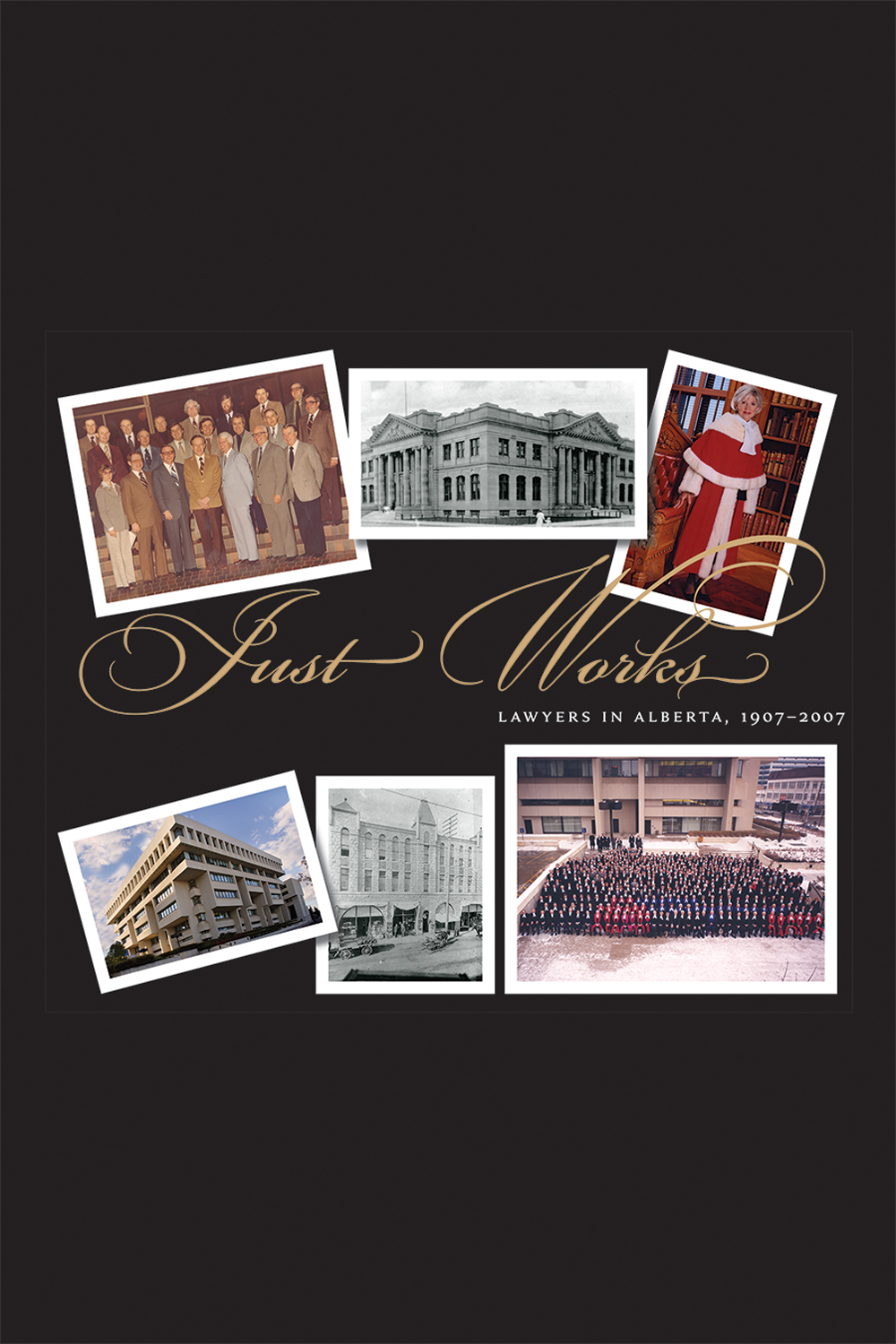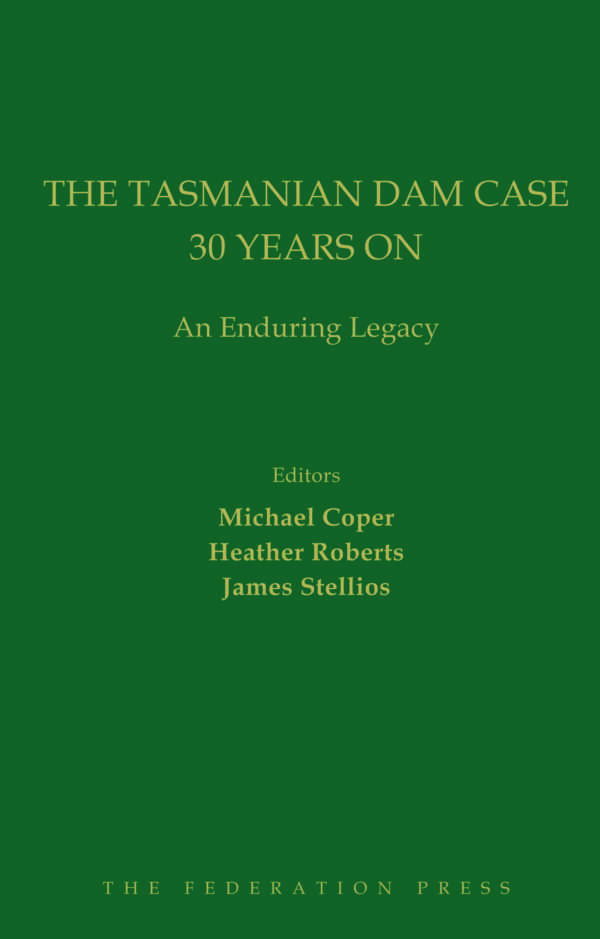Product Description
If ordering the Special Set of The Kercher Reports and Dowling Select Cases, you need only Add to Trolley one of the titles, add your promotion code and the special price will be shown on the Payment page of your order.
This book reports the earliest court decisions in Australia. It includes transcriptions of and extensive commentary on many of the case records of the New South Wales superior courts during the colony’s first forty years, 1788-1827.
These were years of famine, of battles with indigenous people, of convict rebellions, of the beginnings of bushranging and even of the only military coup in Australian history. Law was at the centre of all of this. Trade developed rapidly and with it a locally developed commercial law. Through these cases, we can see the slow development from law in the tents to law in the court room, from amateur to professional law.
Amongst notable cases reported are:
R v Barsby. The first English trial held on Australian soil. On 6 February 1788, the women of the First Fleet landed at Sydney Cove and Samuel Barsby celebrated too long and too hard. Two days later his drunken assault led to a sentence of 150 lashes.
Cable v Sinclair. The first civil action. Two convicts successfully sue for loss of their baggage during the voyage to Sydney and Judge Advocate Collins ignores the English common law rule of felony attaint. The uneasy relationship between Australian and English common law begins.
Boston v Laycock. Was New South Wales merely a prison, controlled by the military? Or was it a place of law, in which everyone, soldiers included, was subject to the same basic law?
R v Macarthur. The critical trigger for the coup against Bligh on 26 January 1808.
R v Mow-watty and Bioorah. The first Aborigine in the colony to be tried by a superior court and the first to be convicted and executed.
Henry v. Eagar; Eagar v Henry. A spectacular case concerned trade between a former convict, Edward Eagar, and King Pomare of Tahiti. The missionaries and Rev Samuel Marsden get involved and it goes all the way to the Privy Council.
R v Magistrates of Sydney. Should magistrates in Quarter Sessions sit with juries? The case has been described as “the first major constitutional case in Australian history”.


